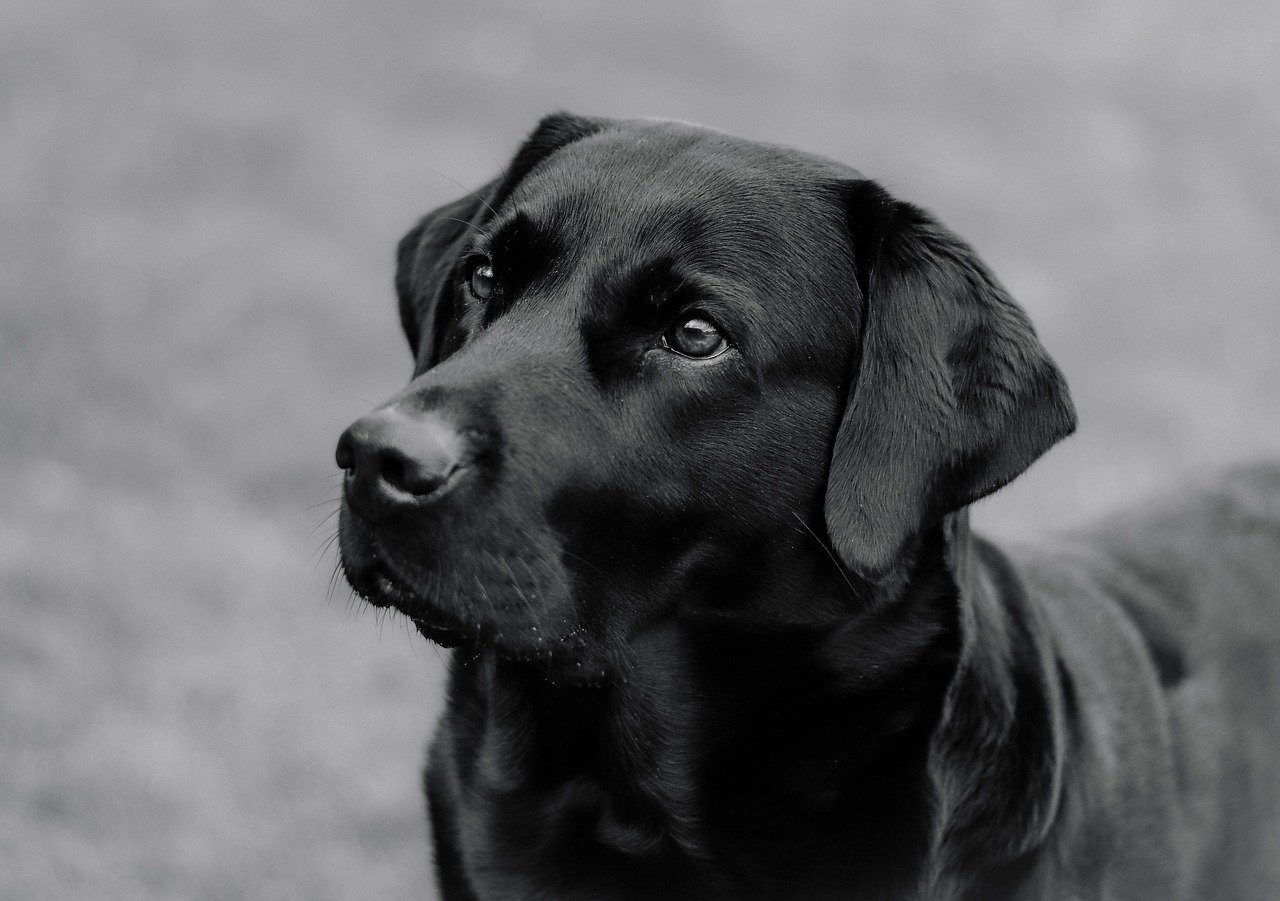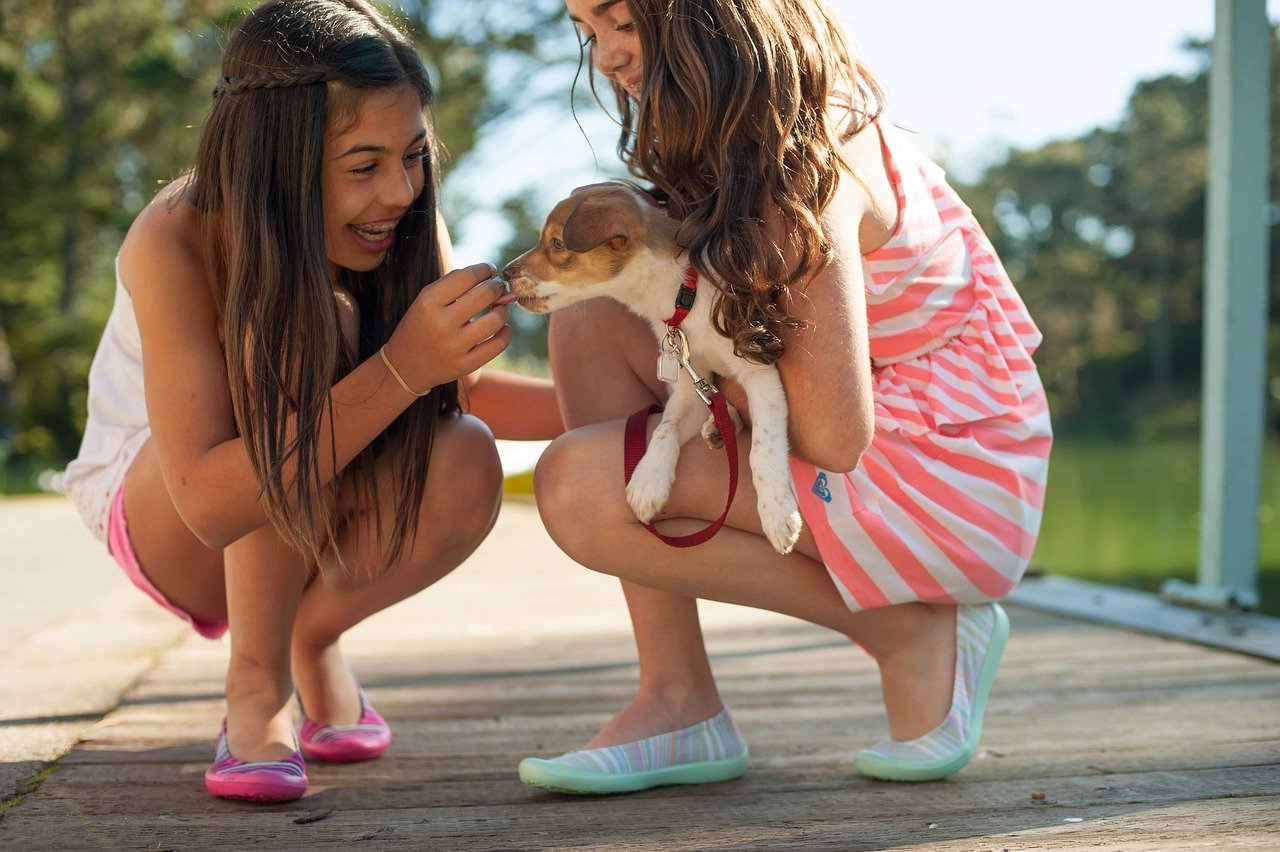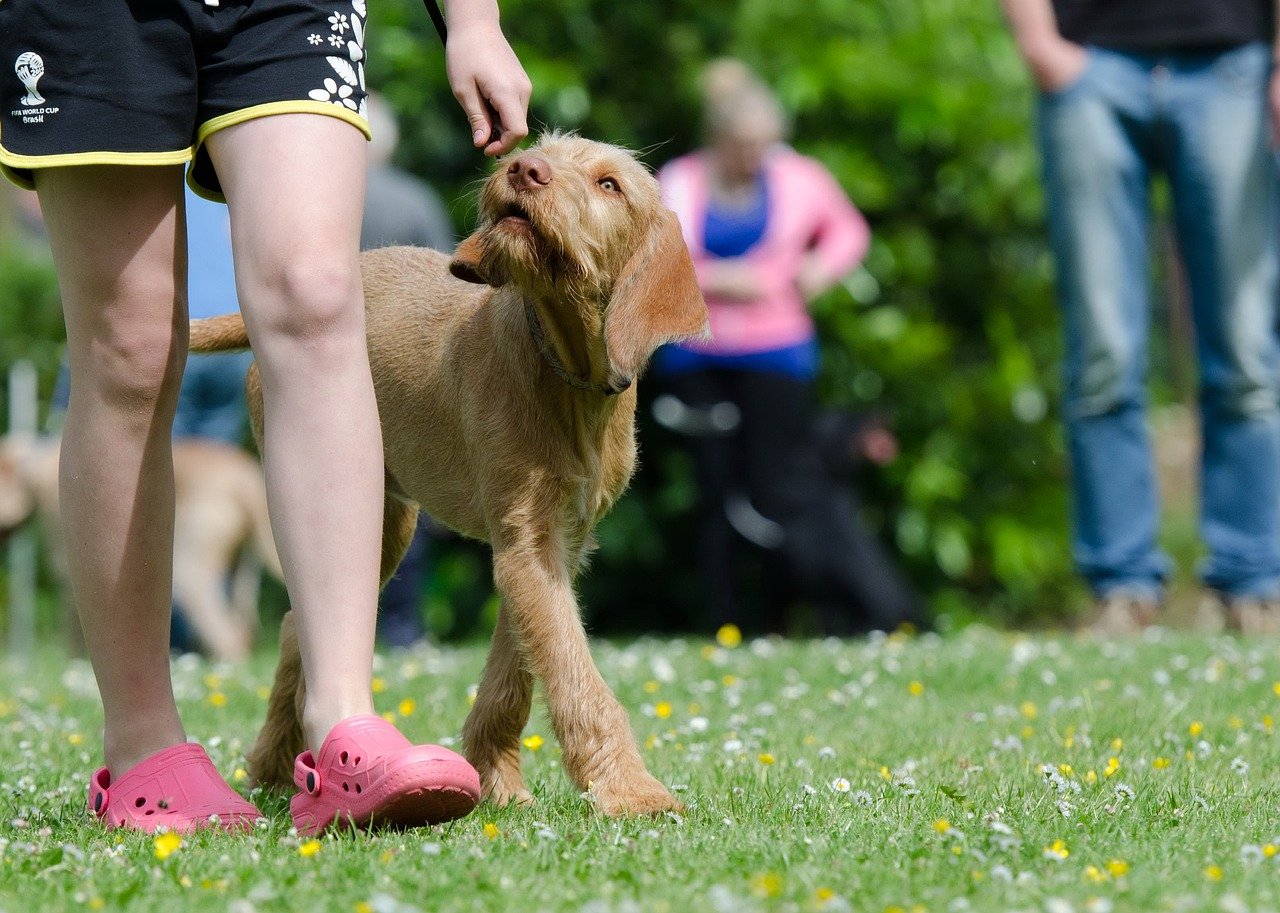Have you ever stared at your dog and wondered, “Why are you acting so weird all of a sudden?” Maybe your normally sweet pup is barking at shadows, chewing on your shoes, or refusing to listen. Before you start worrying that your furry friend has turned into a rebel without a cause, take a deep breath! Sometimes, a dog’s puzzling behavior isn’t about being naughty at all. There are many sneaky, surprising reasons your dog might act up—and most have nothing to do with discipline. Let’s unravel the mystery together and discover what your pup might be trying to tell you.
1. They’re Feeling Under the Weather
When your dog suddenly starts behaving out of character, it could be their way of saying, “I don’t feel so good.” Dogs can’t tell us when they have a tummy ache or a sore paw, so they show it through their actions. You might notice them being more withdrawn, snapping when touched, or even becoming clingy. Sometimes, a dog that’s usually eager to play might just want to sleep all day. Ever had a headache and just wanted to be left alone? It’s the same for your pup. If you spot unusual changes that last more than a day or two, a quick trip to the vet is always a smart idea.
2. Boredom is Taking Over
Imagine being stuck inside with nothing to do—no TV, no books, just staring at the walls. That’s how your dog feels when they don’t get enough stimulation. Dogs, especially active breeds, need both physical and mental exercise to stay happy. When they’re bored, they’ll find their own fun, which might mean chewing your socks or digging up the garden. Giving your dog puzzle toys, longer walks, or even teaching them a new trick can work wonders. You’ll be surprised how quickly “bad” behavior disappears when your pup’s brain is busy!
3. Anxiety is Sneaking In
Some dogs are just natural worriers. Maybe there’s a thunderstorm, a new baby in the house, or even a change in your work schedule. These things can make dogs anxious, and anxiety often shows up as barking, whining, or destructive habits. Think of anxiety in dogs like stage fright in people—sometimes, they just don’t know what to do with all that nervous energy. Providing a safe space, special toys, or calming routines can help soothe your anxious pup and bring back their calm side.
4. They’re Trying to Communicate a Need

Dogs don’t speak our language, but that doesn’t mean they don’t have things to say. Sometimes, when your pup is acting out, they’re actually trying to tell you something important. Maybe their water bowl is empty, or they need to go outside. Dogs might paw at the door, bark at you, or start pacing when they need something. It’s a little like a toddler tugging on your sleeve for attention—they’re persistent until their needs are met. Paying attention to these cues can help you respond before the “acting up” starts.
5. Changes in the Household
Dogs are creatures of habit, and even small changes can throw them off. Have you moved to a new house, started a new job, or introduced a new pet? These shifts can leave your dog feeling confused or left out, leading to unexpected behaviors. It’s a lot like how we might feel unsettled after moving to a new city. Giving your dog extra attention and sticking to routines can help them feel secure again. Sometimes, all they need is a little reassurance to get back on track.
6. Lack of Proper Exercise
A tired dog is a happy dog, or so the saying goes. When dogs don’t get enough exercise, all that pent-up energy has to go somewhere. You might see them zooming around the house, jumping on furniture, or barking for no reason. Even small breeds need regular walks and playtime to burn off energy. It’s like skipping your morning coffee—you just don’t feel right! Making exercise a daily habit not only helps your dog behave better but also keeps them healthy and fit.
7. Sensory Overload
Sometimes, the world is just too much. Dogs have super-sensitive noses and ears, so things like loud noises, strange smells, or too many visitors can overwhelm them. This overload might make your dog hide, bark excessively, or act jittery. Imagine being at a loud, crowded concert when you’d rather be at home with a book—that’s how your pup might feel during a busy day. Giving them a quiet space to retreat to can help them calm down and feel safe again.
8. Aging and Cognitive Changes
Just like people, dogs’ brains change as they get older. Senior dogs might forget their training, get confused about routines, or even seem grumpy. This isn’t misbehavior; it’s just part of aging. You might notice your older dog wandering aimlessly, barking at nothing, or forgetting house rules. Supporting your aging pup with patience, gentle reminders, and regular vet check-ups can make their golden years more comfortable and less confusing for everyone.
9. Unmet Social Needs

Dogs are social animals—they love being part of the pack! If your dog isn’t getting enough attention or playtime with you or other dogs, they may try to get your attention in less-than-ideal ways. This could mean barking, digging, or acting out when left alone. Think of it like a friend who texts you nonstop when they feel ignored. Scheduling regular playdates, cuddle sessions, or even training classes can help your dog feel loved and included.
10. Training Gaps or Inconsistencies

Sometimes, we accidentally teach our dogs the wrong things. If everyone in the family has different rules, or if training is inconsistent, your dog will be confused about what’s expected. Maybe you let them jump on the couch sometimes but not others, or you give treats for begging at the table. Dogs thrive on clear rules and routines. Setting consistent boundaries, using positive reinforcement, and making sure everyone is on the same page can help clear up any confusion and keep your pup on their best behavior.
Jen is a passionate nature lover and ocean conservationist. She has dedicated her life to protecting the environment and preserving the beauty of the natural world. Growing up in a small coastal town, Jen sincerely appreciated the ocean and its inhabitants. She has spent countless hours exploring the shoreline, learning about the creatures that inhabit the waters, and advocating for their protection. Jen is an active member of ocean conservation organizations, and she is committed to educating the public about the importance of conserving wildlife and the natural environment.





